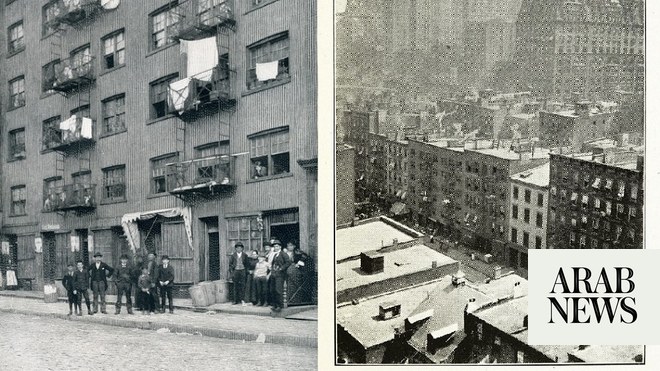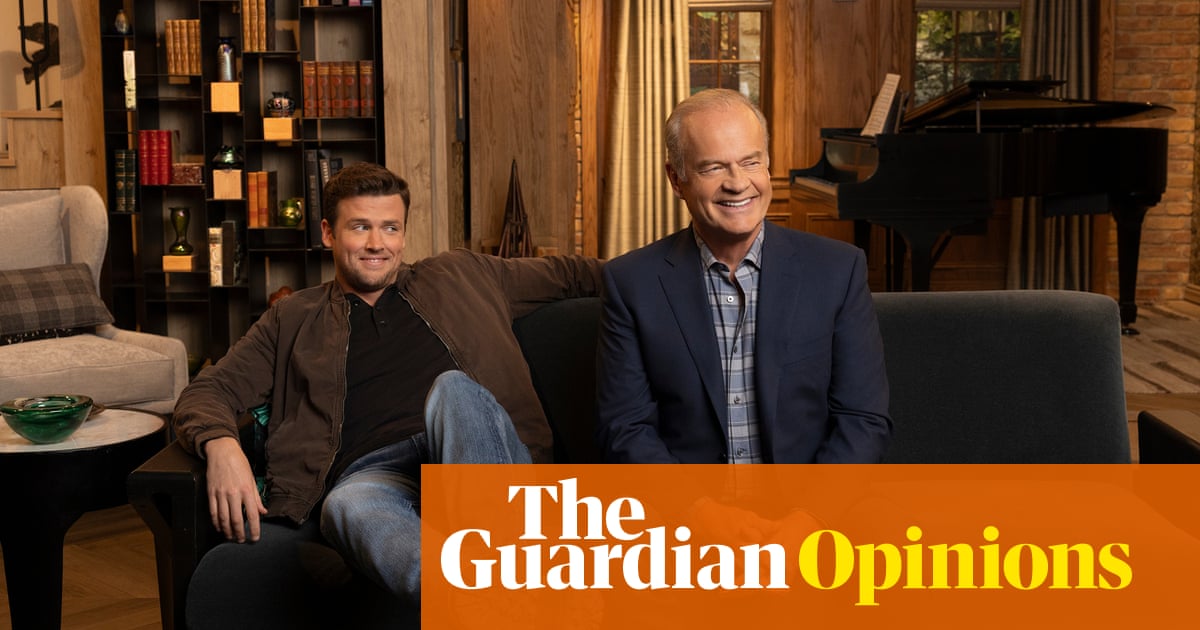
She was once the most publicly adored woman in the world, yet felt a deep lack of love in her private life. Now a new film about Audrey Hepburn, the first made with the consent of her family, reveals her extraordinary sadness and pain as she candidly discusses the traumas inflicted by her father, her marriages and her miscarriages.
Audrey, a documentary by 26-year-old British film-maker Helena Coan, comes from the producers of the Bafta-nominated McQueen, about the life of fashion designer Alexander McQueen, and is packed with revelations about one of the most enduring of all Hollywood’s stars.
In an interview recorded by a Life magazine journalist in 1992 and shown for the first time, Hepburn talks about the impact of her parents’ divorce when she was six years old. “[My father leaving] was the first big blow I had as a child, it was a trauma that left a very big mark on me, it left me insecure for life,” she reveals. “He disappeared one day, mother explained he had gone away on a trip and was not coming back. Mother wouldn’t stop crying, I would just try and be with her but as a child you can’t quite understand.”
Throughout her career, Hepburn came to be seen as the epitome of elegance and grace. Born into European nobility in 1929 but devastated by the impact of the second world war as a child in the Netherlands, Hepburn kept a tight lid on her personal problems until her death in 1993 of cancer.
Coan, who spent three years researching her subject and edited the film through the spring lockdown, told the Observer she was stunned by the contrast between Hepburn’s image and the truth of her darker days.
“She’s seen as this paragon of perfection and beauty, but the film was about showing the person underneath that. She suffered massively with insecurities about her looks and with men, and to hear her link them to her relationship with her father and her deep abandonment issues, to hear those intimate details was so strange. It was such a twist for someone who had always been so private,” said Coan.
Audrey runs viewers through a succession of key moments, from starvation as a child in the war to moving to London to become a ballet dancer. Hepburn’s arrival as a star with an Oscar-winning turn in Roman Holiday in 1953 and her subsequent success in Sabrina and Breakfast at Tiffany’s is fleshed out with archive footage and the contribution of friends and family, who keenly provide behind-the-scenes detail.
“The best-kept secret about Audrey was that she was sad,” says her oldest granddaughter Emma Ferrer, who was born a year after her grandmother died.
The impact two difficult marriages had on her is a key section of the film. Hepburn met her first husband, actor Mel Ferrer, when they performed in a Broadway production of Ondine. The couple married in Switzerland in 1954, had a son – Sean Hepburn Ferrer, Emma’s father – and divorced 14 years later.
“My father was a difficult and demanding man,” admits Sean. “She was looking for a father figure and they were happy and lived a life of Riley for the first decade … he spent the rest of his life regretting losing that relationship.”
The film shows how Hepburn tried to find her father 25 years after she had lost contact with him. He had joined the fascist movement in Britain when he left his family behind in the Netherlands. Hepburn eventually located him through the Red Cross and visited him in Ireland. The experience was cold and left her bitter and hurt.
“The feeling of family is terribly important. Having my father cut off, or he cut himself off, was desperate,” she says in the film. “If I could have just seen him regularly, I would have felt he loved me and I would have had a father … I tried desperately to avoid it for my children. You become very insecure about affection and terribly grateful for it and you have an enormous desire to give it.”
Hepburn went on to marry Italian psychiatrist Andrea Dotti in 1969, moved to Rome and had a second son, Luca, after suffering a series of miscarriages in the 1960s.
“The emotional high point of the film is when she reveals how much she struggled to find love,” said Coan, who studied hundreds of hours of archive footage and material to piece together a lesser-known side of Hepburn’s life. “Her second husband was photographed with 200 different women he was having affairs with, he was insanely adulterous, and she suffered at his hands,” said Coan, who interviewed a number of friends who knew the couple.
The marriage eventually broke down in 1980. In a chat show appearance, Hepburn remarked that “doctors are great with their patients, but they never want to take care of their families”.
Still, throughout her life, she was acutely aware of the power of her celebrity and the platform it gave her, be it in influencing fashion or during her humanitarian work. The latter, said Coan, was where Hepburn’s passion later in life offered a reprieve from the hurt she felt for so long.
“The process of finding peace within herself, to join Unicef and care for children in war-torn countries like the ones she experienced as a child and give back this love that she didn’t feel …. Well, it becomes a kind of a cyclical story,” said Coan.
• Audrey is available to download on 30 November from all major digital platforms.
• This article was amended on 15 November 2020 to correct Helena Coan’s age; she is 26, not 28 as an early version stated.












